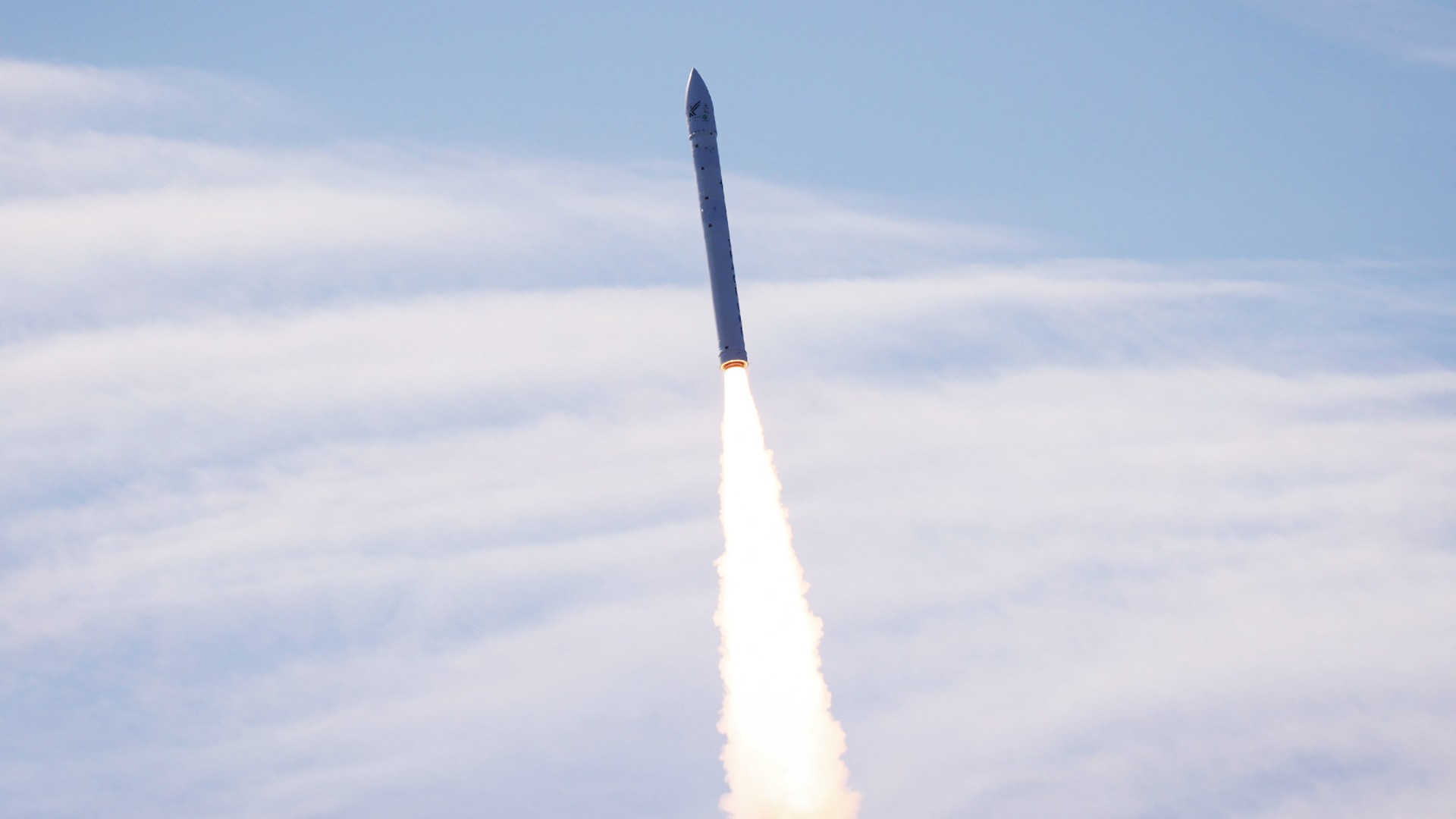
Japanese startup Space One lost another rocket today (Dec. 18) when its Kairos 2 launch vehicle failed shortly after liftoff.
Space One was aiming to be the first private Japanese company to put a satellite into orbit with the Kairos 2 rocket, but it was not to be. After taking off around 11 a.m. local time today from Space Port Kii in Kushimoto, Wakayama Prefecture, the 59-foot-tall (18 meters) rocket began tumbling.
Space One terminated the flight some three minutes into the flight at an altitude of 62 miles (100 kilometers) after detecting anomalies in the rocket's first-stage engines and trajectory. The rocket was carrying five satellites developed by Japanese commercial firms, high school students and a Taiwanese company.
Space One issued a statement following the failure. "We would like to apologize to our customers and to all those involved in the launch for not being able to complete the mission, and we deeply regret that we were unable to meet the expectations of all those who supported us," a company press release read.
"Space One will determine the cause of the incident as quickly as possible and attempt the launch again, contributing to the further expansion of the space business by providing launch services using small rockets."

The Kairos rocket now has two launches under its belt, both of them failures. In March 2024, Space One lost its first Kairos rocket shortly after it left the launch pad when its flight termination system detected a velocity anomaly. No personnel or facilities were harmed in the explosion, but debris was strewn throughout the launch site.
Space One's Kairos rocket features three solid-fuel stages and a liquid propellant upper stage. It was designed to carry payloads up to 550 pounds (250 kilograms) into low Earth orbit, filling a gap in Japan's current competitiveness in the space launch market.
The Kairos failures aren't the only issues seen recently in the Japanese launch sector. In November 2024, an engine exploded during a test of the Japan Aerospace Exploration Agency's (JAXA) new Epsilon S rocket. A similar explosion occurred in July 2023.







